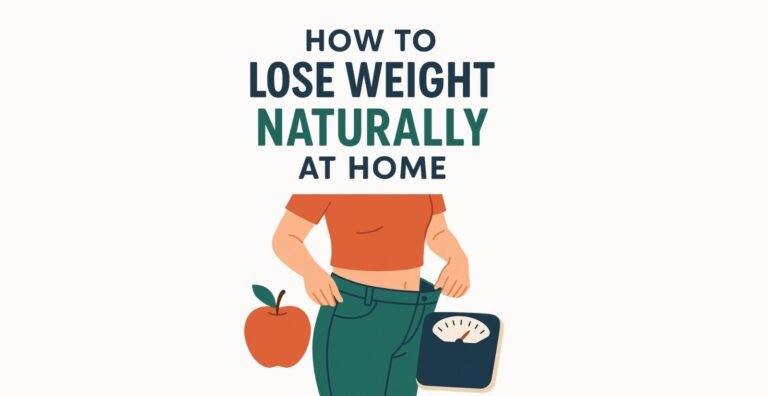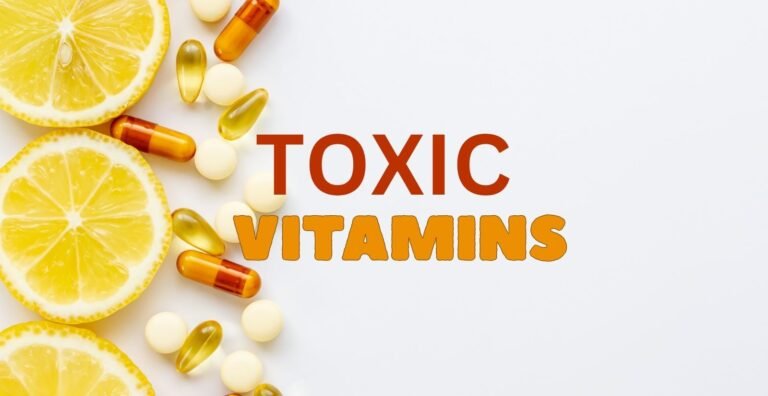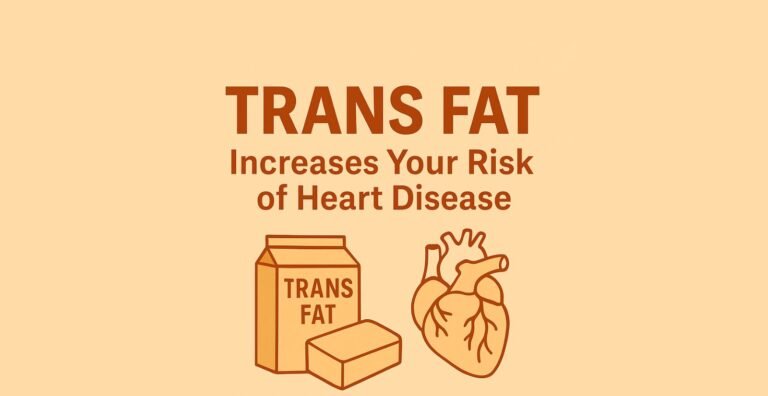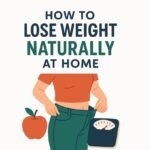Top Health & Wellness Product Reviews with Exclusive Sale Prices!
The Sunshine Vitamin: Why You Need Vitamin D Every Day?
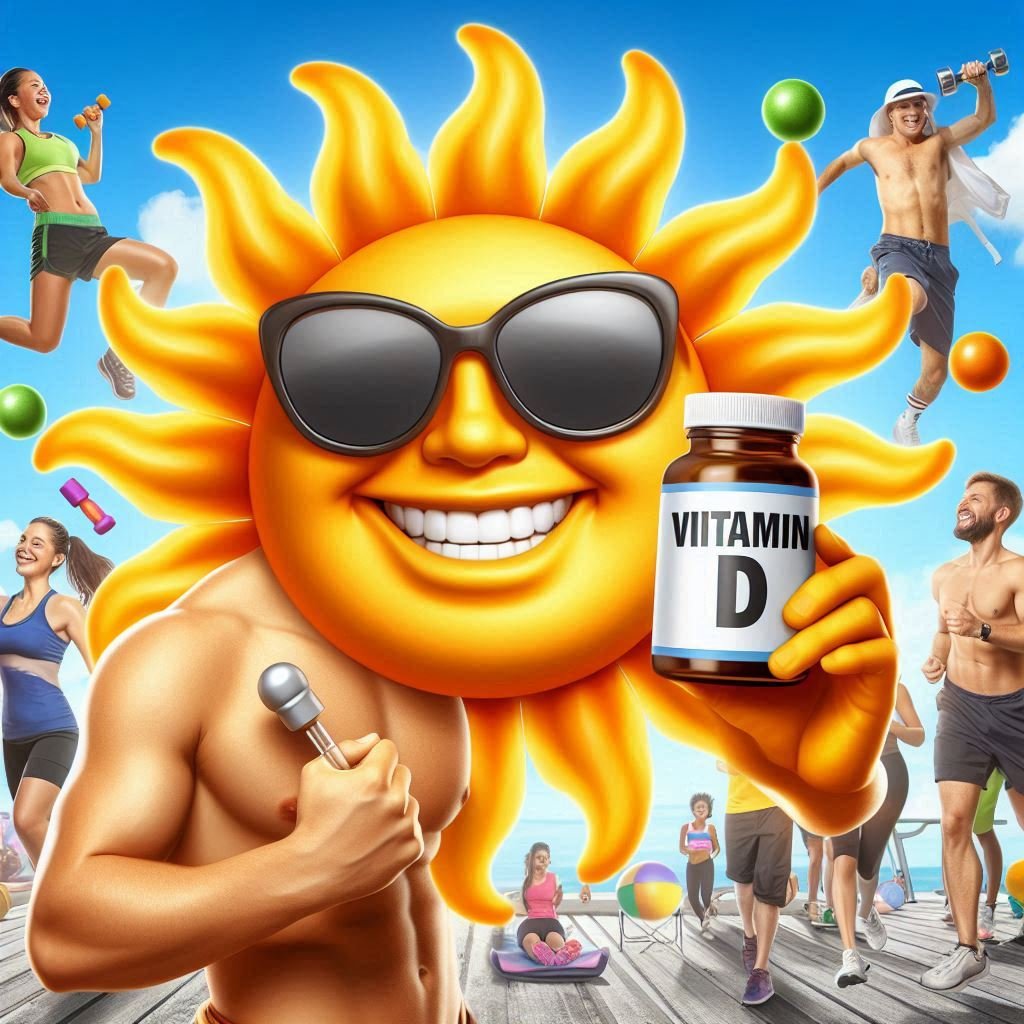
Vitamin D, often called the “sunshine vitamin”, plays a crucial role in maintaining overall health. Despite its importance, many people worldwide suffer from vitamin D deficiency. This blog post dives deep into the benefits of vitamin D, why you need it daily, and how to ensure you’re getting enough.
What Is Vitamin D?
Vitamin D is a fat-soluble vitamin that your body produces when exposed to sunlight. It’s also available in some foods and supplements. Unlike other vitamins, vitamin D acts like a hormone and influences multiple body systems.
Why Is Vitamin D Called the “Sunshine Vitamin”?
When your skin is exposed to ultraviolet B (UVB) rays from sunlight, it triggers vitamin D synthesis. This natural process makes sunlight one of the best sources of this essential nutrient.
Key benefits of sunlight exposure for vitamin D production:
- Stimulates production of calcitriol, the active form of vitamin D.
- Helps maintain optimal calcium and phosphorus levels.
- Supports bone density and prevents osteoporosis.
The Top Health Benefits of Vitamin D
1. Stronger Bones
Vitamin D enhances calcium absorption in the gut, ensuring strong bones and teeth. A deficiency can lead to rickets in children and osteomalacia in adults.
2. Boosts Immunity
Adequate vitamin D levels strengthen your immune system, reducing the risk of infections like the flu or COVID-19.
3. Improves Mood and Reduces Depression
Low levels of vitamin D are linked to seasonal affective disorder (SAD) and depression. Regular sunlight or supplementation can improve mood and mental health.
4. Heart Health
Research suggests that vitamin D supports cardiovascular health by regulating blood pressure and reducing arterial stiffness.
5. Supports Weight Loss
Vitamin D helps regulate hormones like leptin, which controls appetite, aiding in healthy weight management.
How Much Vitamin D Do You Need?
The recommended daily allowance (RDA) of vitamin D varies by age:
- Infants (0-12 months): 400 IU
- Children and Adults (1-70 years): 600 IU
- Seniors (70+ years): 800 IU
For those with limited sun exposure, higher doses may be necessary.
Vitamin D Deficiency: Signs and Symptoms
A deficiency can lead to a variety of health problems, including:
- Fatigue and tiredness
- Muscle weakness
- Bone pain
- Frequent infections
- Hair loss
If you experience these symptoms, a simple blood test can confirm your vitamin D levels.
How to Get Enough Vitamin D
1. Sunlight
Spend 15–30 minutes in the sun daily without sunscreen. Factors like skin tone, location, and time of day can affect production.
2. Foods Rich in Vitamin D
Incorporate these vitamin D-rich foods into your diet:
- Fatty fish (salmon, mackerel, sardines)
- Egg yolks
- Fortified dairy products and cereals
- Mushrooms exposed to UV light
3. Supplements
Vitamin D3 (cholecalciferol) is the most effective form of supplementation. Consult your doctor for dosage recommendations.
4. UV Lamps and Bulbs
If sunlight exposure is limited, UV lamps designed for vitamin D production can be an alternative.
Risks of Over-Supplementation
While vitamin D is essential, excessive intake can lead to:
- Hypercalcemia (high calcium levels in the blood)
- Nausea and vomiting
- Kidney damage
Stick to the recommended dosage unless advised otherwise by a healthcare professional.
Who Is at Risk of Vitamin D Deficiency?
1. People with Limited Sun Exposure
Office workers, shift workers, and those living in northern latitudes may not get enough sunlight.
2. Older Adults
Aging skin produces less vitamin D when exposed to sunlight.
3. Dark-Skinned Individuals
Melanin reduces the skin’s ability to produce vitamin D from sunlight.
4. Pregnant and Breastfeeding Women
Increased nutritional needs can lead to deficiencies if not addressed.
5. Those with Medical Conditions
Conditions like Crohn’s disease and celiac disease affect nutrient absorption, increasing the risk of deficiency.
Debunking Myths About Vitamin D
Myth: “I can get enough vitamin D through diet alone.”
Fact: Few foods contain significant amounts of vitamin D, making sunlight and supplements essential for most people.
Myth: “Only adults need to worry about vitamin D.”
Fact: Vitamin D is crucial for all age groups, particularly for growing children.
Myth: “Taking more vitamin D will give me extra benefits.”
Fact: Excessive vitamin D can be harmful. Stick to recommended doses.
Frequently Asked Questions
1. Can vitamin D help prevent colds and flu?
Yes, studies show that adequate vitamin D levels can boost immunity, reducing the likelihood of respiratory infections.
2. Is there a link between vitamin D and cancer prevention?
Preliminary research suggests that vitamin D may reduce the risk of certain cancers, but more studies are needed.
3. What’s the best time of day for sunlight exposure?
Late morning or early afternoon offers the best UVB rays for vitamin D production.
4. Can I get vitamin D from tanning beds?
Tanning beds are not recommended due to the risk of skin cancer. Use safer alternatives like supplements.
5. Does sunscreen block vitamin D production?
Yes, sunscreen can reduce vitamin D synthesis, but short, unprotected sun exposure is generally safe.
Conclusion
Vitamin D is essential for maintaining overall health, from strong bones to a robust immune system. While sunlight is the best source, incorporating vitamin D-rich foods and supplements can help bridge the gap for those with limited sun exposure. Don’t let a deficiency hold you back from living your best life—embrace the power of the sunshine vitamin today!

